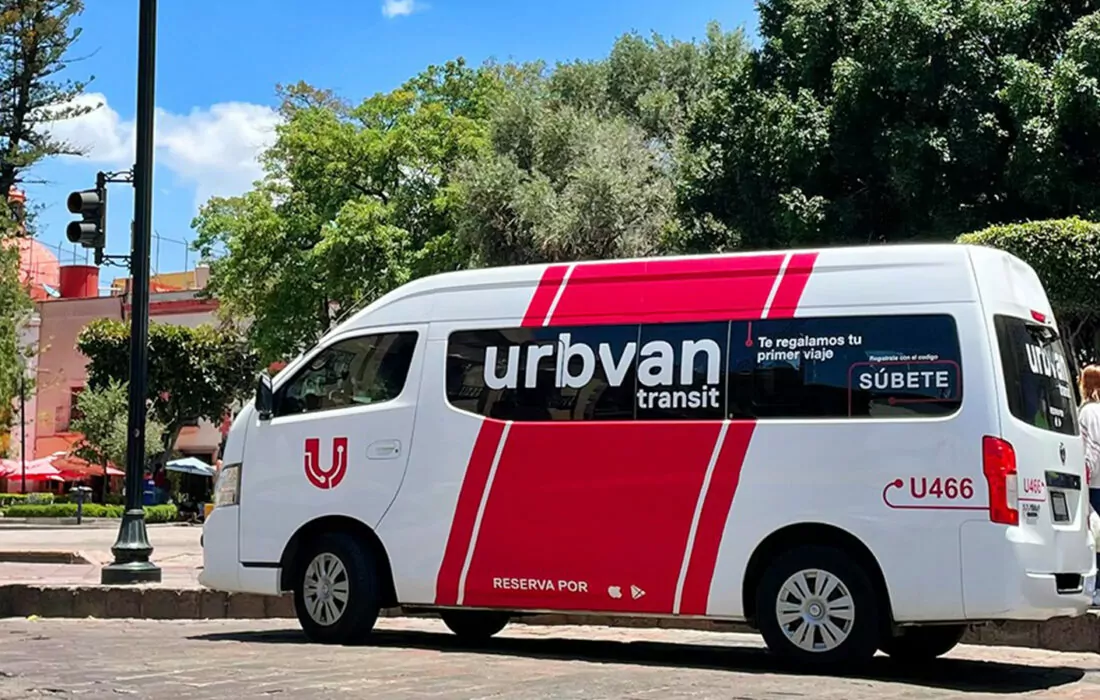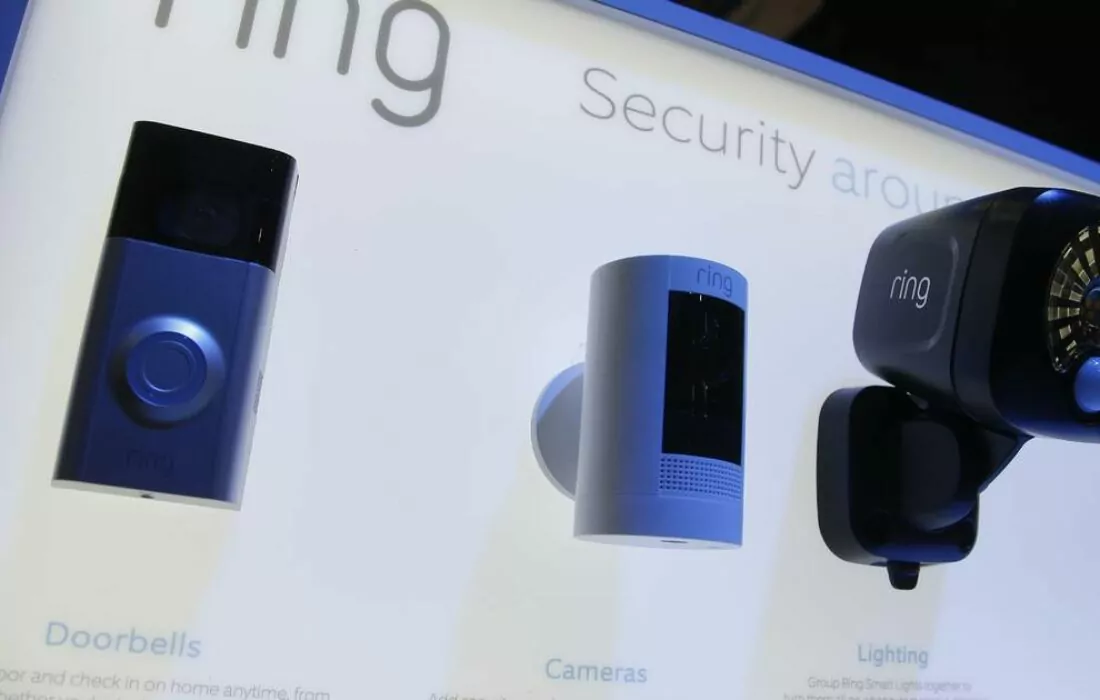Globally and in many large cities, millions of people are moving from traditional car ownership to some form of car sharing or subscription model.
The global corporate car sharing market is projected to surge at a CAGR of 15.6% from 2021 to 2028. With traffic congestion becoming more of an issue for commuters and the push towards more sustainable solutions, many people globally and in the MENA region are choosing car share as their primary mode of transport.
Car sharing first made its debut in Europe in the 1980s in Switzerland, and in 1990 in Bremen and other German cities long before the digital age and the sharing economy ever emerged. The car manufacturers themselves were the first industry to notice the changing social trends and enter the car sharing market. The Daimler Group began testing their car2go service as early as 2008, and now the car sharing industry in Dubai has the highest penetration rate in the Middle East region, representing 0.05% of the passenger car market.
Cities like Tallinn and Berlin are operating on 0.47%, which is ten times the number of cars with smaller populations. As a result, there is no doubt that the MENA region will experience significant growth over the next five years.
Changing Consumer behavior
Changes in consumer preference are aided by technological advancements, government regulations and even health concerns.
Owning a car is no longer practical for many consumers, who today turn to car-sharing platforms for financial savings and better vehicle utilization. Public transport has also seen a massive drop in use due to COVID-19, as people avoid crowded spaces where possible and instead rely on private or shared transport options. As technology advances, how consumers purchase and use products and services is also evolving, making transport on-demand systems more viable and attractive. This service has been described as the Netflix for cars – where the consumer can select a model, pay a daily, weekly or monthly fee, and cancel at any time.
The impact of car-sharing in this region is still yet to be seen but will be significant as low to mid-income populations strive to live aspirational lives. In the past, existing modes of transportation were considered too expensive. For example, traveling from Deira to Expo 2020 would have cost AED 120, but with Udrive, that price is slashed to more than half at AED 40. Being able to use and pay for what you need and when you need it, opens the door to many opportunities for consumers from entertainment activities, shopping, and day-to-day errands. Previously a convenient mobility solution precluded people from making substantial trips that walking could not resolve.
The fractionalization applied to car-sharing by minutes or/and meters opens use cases not previously possible. For instance, at Udrive, consumers do not have the financial burden of placing deposits or paying full price for car rentals while insurance, petrol and parking are all taken care of.
The digital revolution
Another critical factor that has contributed to the growth of shared vehicles is the role of digital technologies in enhancing user experiences. The digital revolution has already transformed social and economic life, from the development of the internet and social media platforms to the widespread smartphone and mobile device usage.
The use of smart technologies is now facilitating the choosing, booking of shared transport and easier access to cars, as smart cards and smart locks have been able to simplify this process.
As the Internet of Things becomes more and more prevalent, the automation of processes will be a key driver to a great customer experience. It is these vehicles that can help achieve green goals by reducing emissions for the business and the overall transport industry.
A drive towards a sustainable future
The future of transport is moving away from fossil-fueled, private car ownership towards a shared, electric future.
European statistics show that every car shared removes 17 vehicles that would effectively take up extra parking spaces. Moreover, reports have also shown that an average passenger car sits idle for 22.5 hours per day, effectively wasting away nearly 85% of the day while it waits for its user to travel.
If you see something out of place or would like to contribute to this story, check out our Ethics and Policy section.










